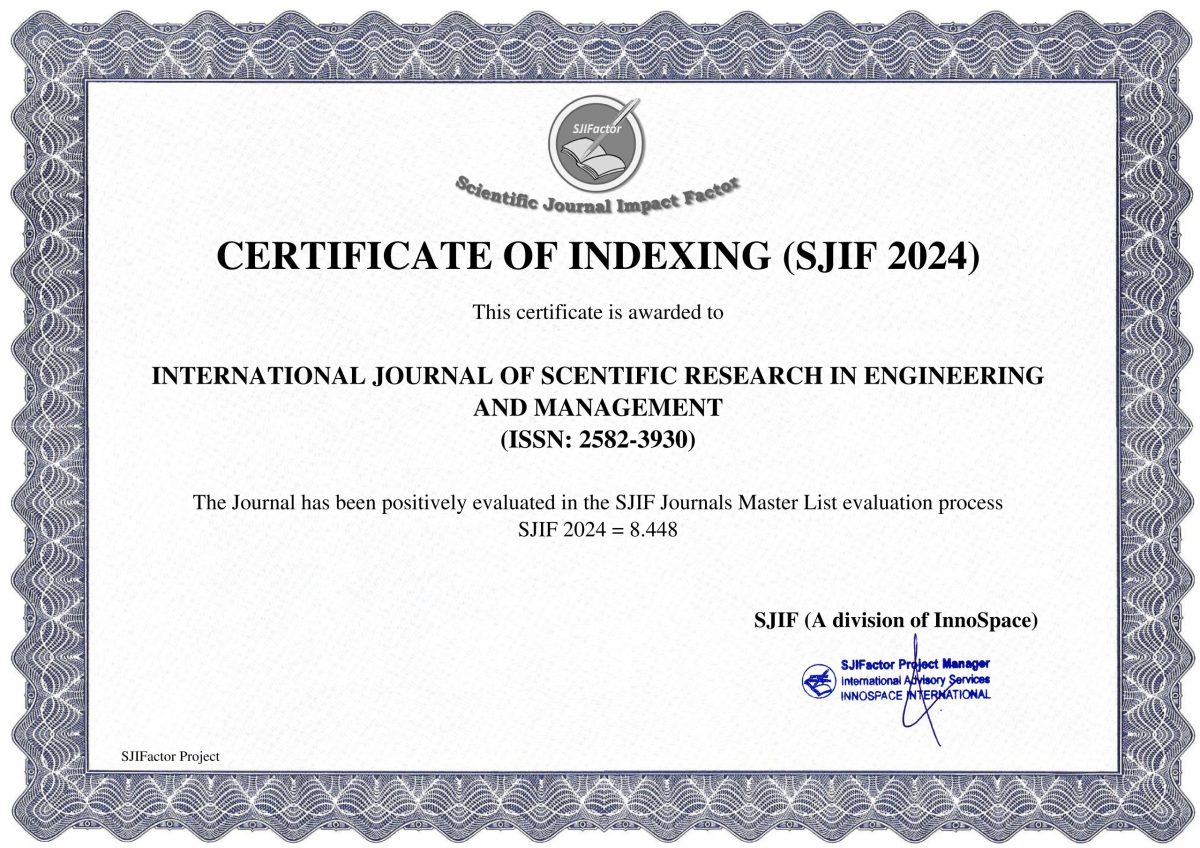- Version
- Download 73
- File Size 359.17 KB
- File Count 1
- Create Date 13/10/2022
- Last Updated 13/10/2022
SPEECH INTELLIGIBLITY IN KANNADA SPEAKING COCHLEAR IMPLANT CHILDREN
Dr Rohila Shetty, Dr Satish Kumaraswamy, Nabeel Musthafa, Rakshitha S
CHAPTER 1
INTRODUCTION
Speech is essential for learning, interacting with others and for people to build up their social skills. Speech begins at an early age and progresses as a person grows. There are different parameters that play a major role in speech development. The words someone uses, how fast or slow they speak, tone of voice and the shortness of speech affect how someone converse a message or idea, that is for effective communication speech should be intelligible.
http://en.wikipedia.org/wiki/speech
Speech intelligibility is the measure used to understand how effectively speech is comprehensible during communication, and other conductions that intelligibility is affected by the quality of speech signal, the type and level of background noise, reverberation and for speech over communication devices. Speech intelligibility does not imply speech quality.
The growth of children's skills to hold an age appropriate activities, their functional speech communication skills and their language skills can be affected due to hearing loss. Cochlear implant is a surgically implanted electronic device that provides a sense of sound to a severe or profound hearing loss individuals. A cochlear implant does not cure deafness or hearing impairment, but it is an instrument as a substitute which directly stimulates the cochlea.
http://www.ncbi.nim.nih.gov/book/207837/
Improvement in speech perception is the major benefit of cochlear implantation. However if the children with cochlear implant are feeling to integrate into the hearing world, they must also obtain the language of their surrounding community are to be able to produce it intelligible. The speech intelligibility and language abilities of children which cochlear implant progress significantly over time.
Abhijith (2008) examined post treatment rating of speech intelligibility in cochlear implanted children. Results indicated that there is a significant difference between the ratings done by mothers and other groups for general conversation & picture description and there is a significant difference between general conversation & picture description. Hence it is concluded that there is a significant improvement in speech intelligibility after cochlear implantation.
Shashikanth & Kumaraswamy (2011) examined speech intelligibility of pediatric cochlear implant recipients with 0-3 years of device experience. Results showed that familiar persons-mothers and speech language pathologists rated speech intelligibility better when compared to NON SLPs (Non Speech Language Pathologist). Familiar topics like repetition of familiar words were rated better when compared to all other tasks. The device usage of more than 2 years was rated better speech intelligibility when compared to 1-2 years & less than 1 year of device experience.







